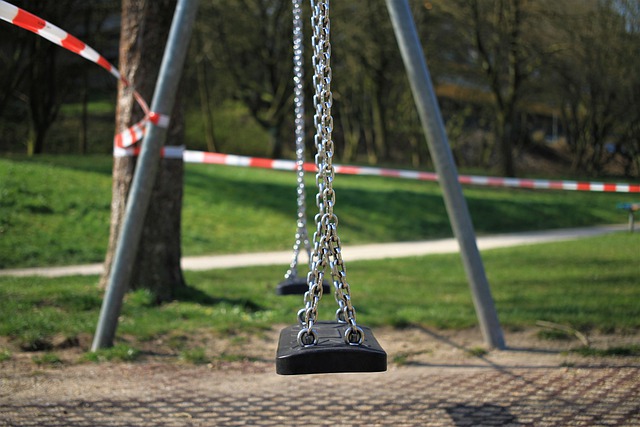24
2021
Neighbour noise during lockdown

One year ago the UK started taking steps out of the first COVID-19 national lockdown. Advice to stay at home saw massive reductions in road , rail and air traffic - and in traffic noise. John Bynorth, Policy and Communications Officer at EPS Scotland considers the impact of lockdown on neighbour noise.
Last Spring, UK Government and the devolved administrations in Scotland, Wales and Northern Ireland issued ‘stay-at-home’ messages. As well as lack of traffic, school playgrounds fell almost silent as children stayed away. Lack of noise became news, The Guardian even reporting how Iain Chirnside, who lived beneath Aberdeen Airport’s main flightpath, could enjoy birdsong in the peace of his garden.
Lockdown noise in London
In contrast, academic research published last month suggested that noise complaints during the first lockdown rose significantly in Greater London. A study published this April in Sciences of The Total Environment journal, researchers from University College London Institute for Environmental Design and Engineering estimate there was a 48% increase in the number of noise complaints in Greater London, from the end of March to late May 2020, compared to the same period in 2019.
They based the findings on completed noise complaints, noise level and urban factor datasets obtained from 22 London boroughs under the Freedom of Information Act. Noise complaints were sorted into into four categories - industry; construction; neighbourhood noise and ‘undefined.’
The UCL team said there were 25,740 reports of noise complaints to local authorities between the end of March and end of May 2020 - that’s over four complaints per 1,000 people. This compared with just 17,446 noise complaints in the same period in 2019.
In 2019, they found there had been little fluctuation in noise complaints, with 250 per day across the Greater London local authority areas. However, two weeks after Prime Minister Boris Johnson imposed2020 lock down restrictions, the number of daily noise complaints almost doubled year-on-year, and continuing to rise throughout lockdown.
After one month, there had been 402 new cases every day which totalled over 12,000 reports – an increase of 42.5% across Greater London. As the national restrictions continued into a second month, the pace of complaints slowed, but were still 10% higher than during the first month of lockdown.
Although some boroughs including BarnetLB enjoyed a reduction in noise complaints during lockdown, there were large increases for the majority of boroughs. Hounslow recorded a massive 84.4% rise.
This research suggests neighbourhood complaints about noise could be due to people readjusting to the acoustics in their homes, raising questions about the impact of neighbour noise and construction work.
Noise and working from home
With no date set for a return to the office working, and companies steadily announcing a switch to permanent home-based careers, the impact of neighbour noise on working lives may well continue. From barking dogs and neighbours carrying out DIY, to people hosting family gatherings in gardens, it is set to become an increasingly important factor in people’s daily lives, having implications for mental health and well-being.
We need to know more about noise
In one novel research study, OxAria - a collaboration between the universities of Birmingham and Oxford – will put 16 noise sensors around Oxford to measure both noise frequency and amplitude to establish whether it is human-made or natural. Much more research into COVID-19’s impacts on noise is needed.
EPS is delighted to support Noise Action Week 2021.
The UCL study ‘Increases in noise complaints during the COVID-19 lockdown in Spring 2020: A case study in Greater London, UK’ can be found here.
EPS online webinar - ‘Soundscapes and the green recovery - Thursday May 26th More: https://www.ep-scotland.org.uk/news/soundscapes-the-green-recovery/






